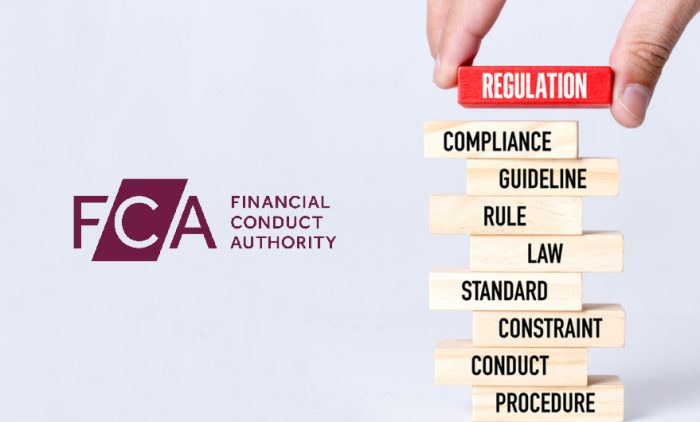Commentators may no longer be able to accuse the Financial Conduct Authority (FCA), the UK’s regulatory watchdog, of taking too light an approach on fraud and financial related crimes. The regulatory agency has thus far in 2019 meted out £391.8 million in fines and penalties, its highest level in over four years. According to Jonathan Clay, a partner with RPC, a London law firm that helped collate the data:
After several years of relatively low levels of fines, the FCA is baring its teeth.
The Financial Times (FT) also reported Clay as saying: “The regulator had reinforced its commitment to protecting consumers from the risk of being mis-sold financial products” in its 2019-20 business plan, adding:
This outlined priorities such as reviewing remuneration practices that may encourage mis-selling and preventing mis-selling regarding defined-benefit pension transfers.
The accelerated assessment of fines has followed years of consumer complaints related to losses from binary options, CFDs, and a host of other financial products of more than questionable standing. As the Financial Times recalled, there were a host of financial crimes and scandals in 2018, including “the £236m collapse of London Capital & Finance, which pushed unregulated mini-bonds on retail customers, and the implosion of Neil Woodford’s flagship equity fund”.
Forex related products and stocks and bonds were not the only areas where mis-selling was detected. The FCA hit Standard Life with a £30.8 million penalty for the way it had marketed pension annuities, and then assessed Carphone Warehouse for a similar fine level of £29.1 million for crossing the line in how it sold insurance. To date, the area of mis-selling has drawn a total of £163 million in fines.
The largest single fine went to Standard Charter. Several global regulators had determined that the bank had violated international sanctions, and as a group, $1.1 billion in global fines were assessed. The FCA’s part of the deal was £102 million. The bank was also tagged for “looking the other way”, when customers crossed certain “red lines”. In this regard, the FT related an anecdotal story of “a diplomat who opened an account with £500,000 stuffed in a suitcase”.
Individuals were not immune from the wrath of the regulator. The agency set a record when it punished Stewart Ford for pumping his so-called “death bonds”, pocketing the commissions, and then bringing about the failure of Keydata, the investment firm that sold the insurance products, which pooled together other life insurance policies for investors. The £76 million levy covered the fees Ford had derived from these sales in a scandal that broke back in 2010. A tribunal finally settled the case in favor of the FCA.
The FCA delivered 17 fines so far in 2019. Nine of these were given the auspicious label of “Blockbuster Fine” for exceeding £10 million. There were only two such level fines in 2018. The total fines for this year are actually six times the amounts levied in 2018 and the most since 2015.
As the FT commented in its summary piece, fines from the FCA have not followed a consistent path over the past few years ever since the financial crisis, resembling a “see-saw” from their perspective. The agency has come under fire over the past few years, the criticism being that it has been too soft on crime, even though it has nearly 700 ongoing investigations on its books at present. The complaint now is that investigations are taking far too long to complete, nearly 29 months on average.
Read more:




